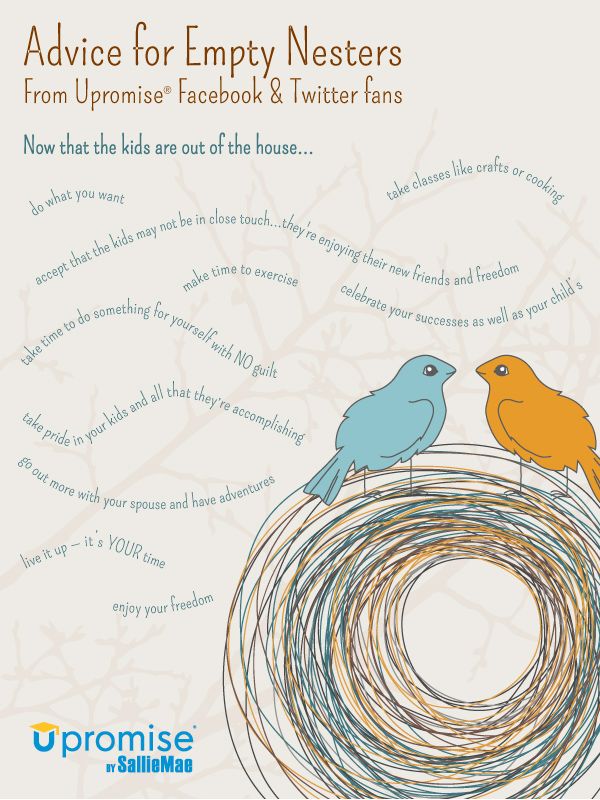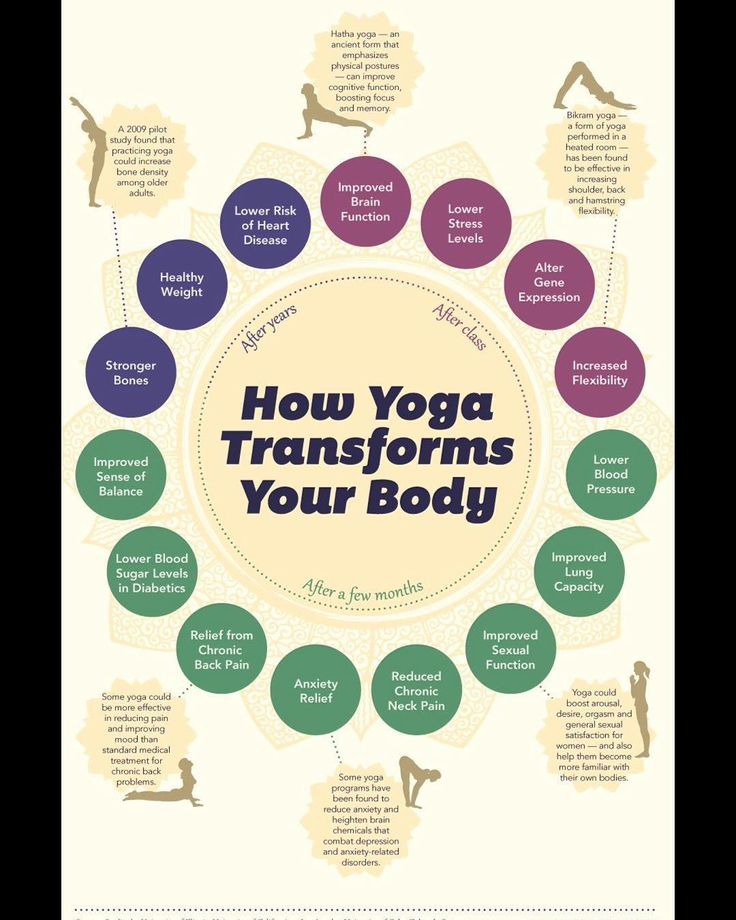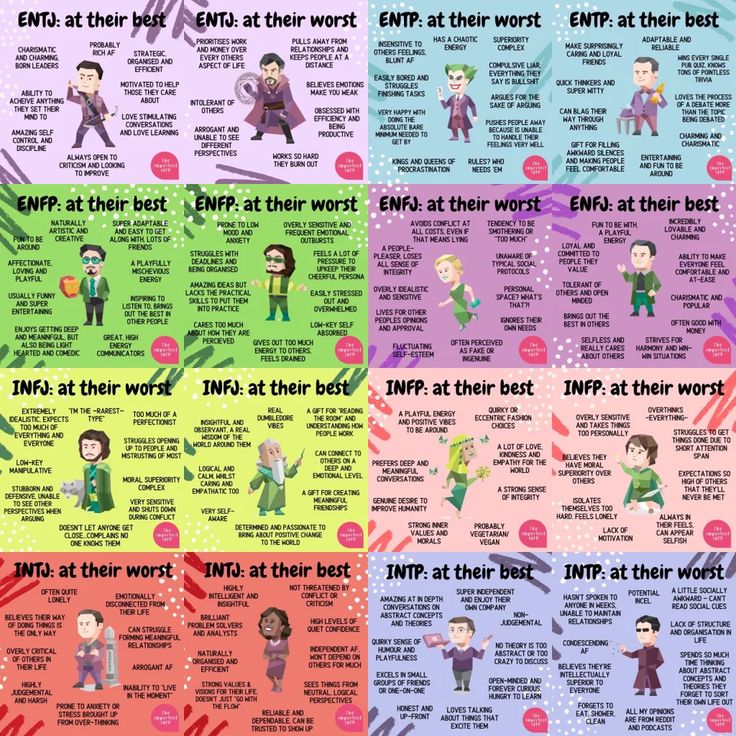How to stop being intimidated
Feeling Intimidated? Try These 5 Tips
Do you often feel overwhelmed and self-conscious in the presence of others? Here’s how to not be intimidated
We all feel intimidated by others from time to time. Sometimes, people intimidate us accidentally. At other times, intimidation can be intentional.
With unintentional intimidation, you might feel intimidated by someone you perceive to be confident, smart, and self-assured – they might make you feel shy or self-conscious simply by being themselves.
But in some cases, people might deliberately try to intimidate you. For example, someone might threaten you, either implicitly or explicitly. When someone suggests that they will harm you (emotionally or physically), this can be abusive and a form of bullying.
Reality check
The feelings that come with being intimidated can be overwhelming. It’s a good idea to pause, take a breath, and figure out what’s going on.
The way you react to feeling intimidated will depend on the type of intimidation you’re feeling.
You might want to ask yourself:
- Is this person trying to intimidate me, or do I simply feel overwhelmed or shy in their presence?
- What actions of theirs are intimidating me?
- How does their presence make me feel?
- Are they implying that they will harm me?
- Are they deliberately trying to make me feel inferior?
Assessing the situation can help you figure out the best way to act. For example, if you’re intimidated by a very confident, blunt person who makes you feel a little shy, you might want to reassure yourself and remember to speak up.
If you’re being intentionally intimidated by someone who is threatening you, you might need to take legal action.
Recall your capabilities
Some people make us feel intimidated because they seem capable and self-assured. We might compare ourselves to them and feel inferior in their presence.
If you feel shy, overwhelmed, or thrown off by them, remind yourself about how capable and skilled you are.
Some examples of what you might say to yourself include:
- My co-worker is super accomplished, and I also have skills and experience.
- My date is super beautiful and interesting, and I am also attractive and fun to talk to.
- This client is a leader in our industry, and I can also bring value and expertise to the table.
You might want to recall compliments that were given to you by people who know you well, such as your family, friends, and co-workers.
State your boundaries
Sometimes people intimidate us because of their sheer presence: confident, self-assured people can make us feel overwhelmed even if they don’t intend to.
But sometimes people intimidate others on purpose. This sort of intimidation might be manipulation or bullying.
There’s no surefire way to deal with bullying. But stating your boundaries upfront, and reiterating them when necessary, lets them know that you’re not okay with whatever it is that they’re doing.
Setting boundaries — and preserving those boundaries — can be tough, and it takes some practice. But ultimately, this is a good way to deal with people who try to intimidate you.
Walk away
If someone disrespects your boundaries, you don’t have to give them access to your time, presence, or energy.
Removing yourself from the situation can be tough if you have to deal with them — for example, if they’re your boss or neighbor.
If you’d like, you can use phrases such as:
- “As my work agreement states, I finish work at 5pm. I won’t be staying later than that.”
- “I’ve asked you to stop shouting at me. I’m putting down the phone now.”
- “As discussed earlier, we can only do ABC, not XYZ.”
- “I understand you’re angry, but insulting me is not okay. I’d like to pause this discussion and resume it when you’re ready to do so in a civil way.”
Know your rights
When it comes to intentional intimidation, it’s important to know the law.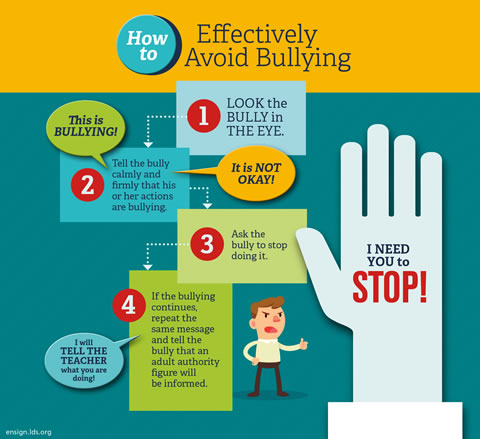 It’s likely that there are laws against threatening and intimidating behavior where you live, but the legal definition of intimidation can vary from one country to the next.
It’s likely that there are laws against threatening and intimidating behavior where you live, but the legal definition of intimidation can vary from one country to the next.
Bullying and abuse are not okay. If someone is deliberately intimidating you, it might be necessary to seek legal counsel.
Unintentional intimidation
Sometimes, people intimidate us through no fault of their own. We might be intimidated by people we perceive to be attractive, successful, or confident. When we’re feeling self-conscious, we might feel overwhelmed in the presence of people who seem more self-assured than we do.
In this case, the best thing to do is to work through our own difficulties and insecurities. Ask yourself:
- Why is this person intimidating?
- Do they remind me of my (perceived) shortcomings?
- Am I projecting my insecurities onto them?
In this situation, remember that your insecurities aren’t a reason to be standoffish to them. If you like them, be kind and friendly. Who knows? You might realize that your highly accomplished, “intimidating” co-worker is actually a warm, supportive person who wants to cheer you on.
If you like them, be kind and friendly. Who knows? You might realize that your highly accomplished, “intimidating” co-worker is actually a warm, supportive person who wants to cheer you on.
Intentional intimidation
Intentional intimidation is when someone wants you to feel scared or intimidated by them. In other words, intentional intimidation is a lot like bullying and manipulation.
It can include the suggestion or implication that you or your livelihood will be harmed. The threat can be verbal, physical, or written. If somebody threatens you or suggests that they’ll hurt you, it’s illegal. According to the National Coalition Against Domestic Violence, willful intimidation can be a form of abuse.
On the other hand, sometimes people intentionally try to intimidate you, but without actually threatening you. They might try to make you feel inferior by deliberately condescending or mocking you. This intimidation might not always be dangerous and illegal, but it still isn’t okay.
If intimidation happens in the workplace, read up about your rights and your company’s policy on workplace bullying.
According to the American Psychological Association’s Center for Workplace Mental Health, workplace bullying can include:
- intentionally sabotaging or undermining someone’s work
- constant and unwarranted criticism
- cursing at, threatening, and humiliation
- spreading gossip and rumors
- willfully excluding or ignoring someone
Consider speaking to your union rep or HR so that you can find a solution.
Someone with an intimidating personality can make others feel frightened or self-conscious. However, many people who come across as intimidating might not intend to be that way. A person who is blunt and outspoken might intimidate others, but that doesn’t mean they intend to make others feel uncomfortable.
Although some people intentionally intimidate others in order to bully and manipulate them, it’s important to remember that you’re not always responsible for the feelings you inspire in others.
People might feel intimidated by confidence and assertiveness because of their own low self-esteem or insecurities. This doesn’t mean that you shouldn’t be confident and assertive.
Intimidation can be intentional or unintentional in nature. While unintentional intimidation might suggest you need to build up self-esteem, intentional intimidation is not okay.
If someone threatens you or suggests they will hurt you, learn about your rights and reach out if you need assistance. The following resources can be helpful:
- National Domestic Violence Hotline
- National Sexual Assault Hotline
- National Dating Abuse Hotline
- Pathways to Safety International
- National Center for Victims of Crime
- Casa de Esperanza (Spanish-speaking hotline)
- National Indigenous Women’s Resource Center
- Asian and Pacific Islander Institute on Domestic Violence
- The National Center on Violence Against Women in the Black Community
- National LGBTQ Task Force
A Simple Way to Overcome Intimidation
Why do some people intimidate us, but not others?
It doesn’t matter how confident we feel; there are just some people we get tongue-tied around. It might be their position, their personality or their power. It could be that they just know how to push our buttons, and we don’t know how to respond. It often happens when we’re taken off-guard, and we run into that person when we’re not expecting to.
It might be their position, their personality or their power. It could be that they just know how to push our buttons, and we don’t know how to respond. It often happens when we’re taken off-guard, and we run into that person when we’re not expecting to.
The first time I met our CEO was in the restroom.
In fact, I’ve met the CEO of the last two companies I’ve worked for in the restroom.
I’ve also met two celebrities in hotel restrooms.
Each time, it was intimidating. I knew who they were, but I hadn’t planned on running into them. When it happened, I found myself at a loss for coherent words. I wanted to make a good impression, and I have no idea what I said.
In each case, after we walked out, I thought of 100 different things I should have said instead of whatever I mumbled.
Why is it that we’re intimidated in the presence of certain people? Why do we get tongue-tied in their presence, while we feel confident around others?
It’s something that happens in our heads.
Other people don’t really intimidate us; it comes from how we perceive them.
It’s a matter of comparison:
- If we see them as better than us, they’re “up there” and we’re “down here.”
- If we see them as the same as us, we’re on level ground.
Our friends, peers, and co-workers know us well, and we’ve built a relationship. We see them as they really are, and we’ve learned to be comfortable. We’re not intimidated, because we’re on common ground.
It’s the people we don’t know that tend to intimidate us. It might be a boss or client, or it could be an authority figure like a police officer or a judge. To an introvert, it could be an extrovert. It could be a well-known leader or a forceful family member.
We don’t see them as being like us. There’s no common ground. If we know we’ll be meeting with them, anxiety hits. We feel like we’re not good enough, or smart enough, or interesting enough to have a meaningful conversation with them. We’re already assuming that we’ll be embarrassed or that they’ll reject us.
We’re already assuming that we’ll be embarrassed or that they’ll reject us.
Are all those things true?
It doesn’t matter – it’s what we believe . . . and we act on that belief.
The problem is that we’re comparing our lives – which we know – with their lives – which we don’t know.
If we got to know them, we’d start to see their flaws, and their struggles and their fears. We’d see that they wrestle with parenting issues and finances and people they find intimidating. We’d see them as real people with real issues that are simply different than ours.
In other words, we’d see their humanity.
Someone said, “The reason we struggle with insecurity is that we compare our behind-the-scenes with everyone else’s highlight reel.”
How can we overcome our intimidation of others? By challenging our perception.
Psychologist Daniel Amen refers to this process as ANTs: Automatic Negative Thoughts. These are the thoughts that come into our minds automatically and ruin our day. Dr. Amen says, “They should have taught us in second grade that we don’t have to believe every stupid thought that comes into our head. We have the ability to challenge those thoughts.”
Dr. Amen says, “They should have taught us in second grade that we don’t have to believe every stupid thought that comes into our head. We have the ability to challenge those thoughts.”
He suggests that whenever we feel nervous, intimidated or out of control, we should do two things:
- Write down the negative thoughts (which gets them out of our head).
- Ask if they’re true.
One way to change our thoughts is to notice them when they’re negative and talk back to them. If you can correct negative thoughts, you take away their power over you. If we don’t challenge those thoughts, your mind believes it and your body reacts to it.
Whenever you feel intimidated by someone, stop and remind yourself of what’s true:
- Am I intimidated by what they say, or what I think they mean?
- They’re not better or worse than me; they’re human.
- If I’m focusing on the negative, I need to remind myself of the positive.

- I don’t want to assume what they’re thinking; I need to explore.
- I don’t have to compare and be like them; I need to be myself.
Suppose you knew you might run into your company CEO in an elevator soon, or run into a local celebrity at the grocery store. Decide ahead of time what you could say, instead of making something up on the spot.
What should you say? Most people try to think of some way to impress the other person. That usually backfires, because you’re focusing on you instead of them.
Instead, think of something they’ve said or done recently that made an impact on you – then thank them for it. Be genuine and precise, and make it about them – not you.
Ineffective: “I really enjoyed your presentation last week.”
Effective: “Last week in your presentation, you told about the early failures you had in your career. That was refreshing, and I think we all were energized by your honesty.”
Ineffective: “I watch you on the news every night.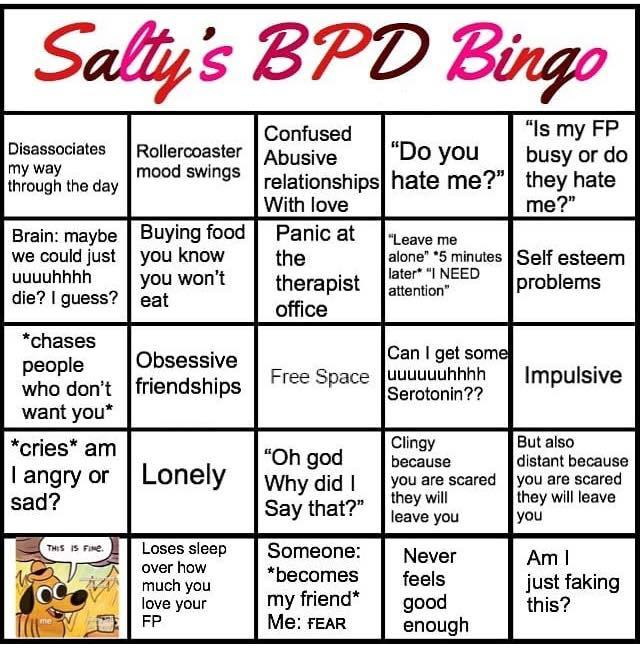 I’m so happy to meet you!”
I’m so happy to meet you!”
Effective: “When you’re reporting stories of tragedy, you have a calm demeanor that gives us all hope. Thanks for that.”
Ineffective: “Thanks for having us all over. We had a great time.”
Effective: “That was a fun evening. It was great watching the way you connected people based on their interests so they had something to talk about.”
I met comedienne Carol Burnett a few years ago at a book signing she held at a local bookstore. I heard everyone in line telling her how much they loved her, and how long they had been watching, and how funny she was. She was very gracious in responding, even though she’s heard the same comments thousands of times.
When I had the chance to connect briefly, I simply said, “Carol, you’ve brought a lot of joy to our family for a lot of years. Thanks.”
She paused, looked me in the eye and smiled. “Well, that was very kind of you. Thank you for saying that. It means a lot.”
The power of simple, honest gratitude is amazing.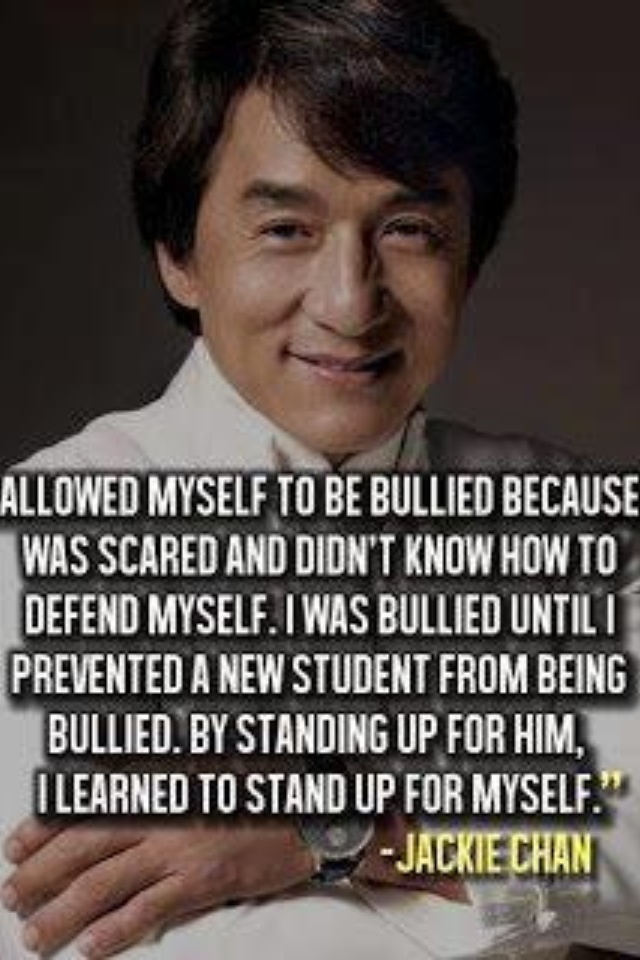
The people who intimidate us are just like us, but different.
The differences? Our uniqueness. We each have something of value to contribute that nobody else has. It’s not better or worse – just unique.
The sameness? CEO’s and celebrities are human, just like us. It should be obvious since I met them all in a restroom. That’s common ground, and there are plenty of other ways it’s true.
The CEO of our company turned out to be one of the warmest, caring, high-integrity people I’ve ever met. His business acumen is off the charts, and he’s proven his competence. But he cares deeply about everyone in the company, and won’t hesitate to connect with anyone who needs a boost.
When we’re intimidated, it’s usually from our incorrect perceptions. Changing our confidence comes from changing our minds.
Who’s the person you feel intimidated by?
What will you do differently with them in the future? Share your thoughts in the comments below.
9 tips for those who want to stop being afraid and start acting
January 14, 2021 Motivation
Being afraid is normal and even useful. The main thing is to deal with your anxiety in the right way.
The main thing is to deal with your anxiety in the right way.
What would you do, whether it be life or work, if you weren't afraid of anything? Such a simple question awakens countless fantasies, desires and regrets.
If the fear of failing or looking like a complete idiot has ever held you back from doing what your heart was calling for, you'll need some very important advice from business consultant Sandia Brügmann. You don't have to fight fear. Just accept it and don't let worries slow you down on the path to your dream.
We usually view fear as an unpleasant emotion that we do our best to avoid. Fear literally paralyzes, so instincts willy-nilly switch to survival mode. Alas, such behavior can lead to actions that have nothing to do with moving towards our goals.
Sandia Brügmann
Business Consultant
In other words, if you let fear control you, you can forget about success.
This is especially dangerous for entrepreneurs. Running a business is quite a scary and exciting thing in itself, from the need to take on financial obligations, and dealing with frustrated customers or subordinates, and the realization that the decisions you make affect not only your well-being, but also the lives of other people.
On the other hand, Brügmann notes, fear is an emotion inherent in man by nature. You won’t be able to get rid of him once and for all, and you don’t need to.
We are not faced with the task of curbing fear and preventing its occurrence in the future. Our goal is to understand what it is and learn to act, relying on willpower and not hiding our heads in the sand.
Richard Branson formulated the same idea in a slightly different way.
Fear sometimes makes you wet yourself, but courage makes you act even in wet pants.
Richard Branson
entrepreneur, founder of the Virgin Group
The metaphor is not the most elegant, but the essence is absolutely true: do not give up on dreams because of fears, just accept them as part of life. Here are some tips to help you stop being afraid and start doing something.
1. Accept your fear
“What if I told you that your fear is a gift?” Brügmann asks. Pain and tension help us to fill life with genuine depth, because without all this it would be boring.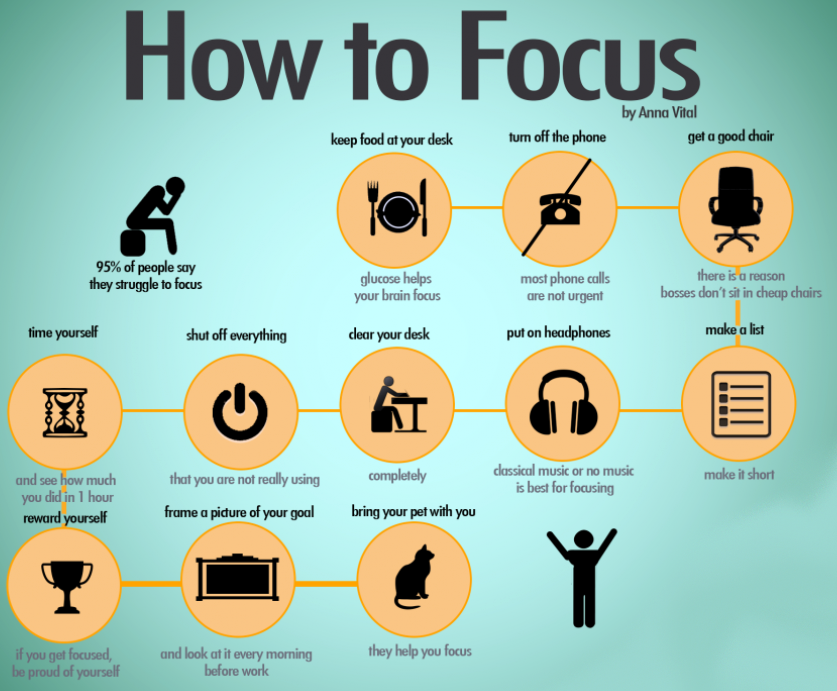 Fear indicates the direction of growth and ultimately helps you understand who you really are. When we view fear from this perspective, it evokes curiosity or even gratitude.
Fear indicates the direction of growth and ultimately helps you understand who you really are. When we view fear from this perspective, it evokes curiosity or even gratitude.
2. Control your instincts
When faced with something frightening, people usually exhibit one of the following behaviors: they try to fight, run without looking back, or fall into a stupor. If you have noticed this in yourself, know that you are guided by instincts. It is they who make us trust decision-making to fear. What will come of it? Absolutely nothing good.
3. Treat every situation as your choice
Entrepreneurs know that things often turn out the way you never planned. As Eckhart Tolle said, “Whatever the present moment brings you, take it as your own choice.” For both you and your team, this is the most humane way to deal with what happened. By fully accepting the status quo, you rid yourself of various forms of emotional resistance, including fear.
4. Give everything you have to work
This is not about saving under the pillow, it means the ability to fully immerse yourself in work. It's how easily you engage with colleagues and activate your thinking skills to look at a problem from a non-standard perspective and find a creative way to solve it.
It's how easily you engage with colleagues and activate your thinking skills to look at a problem from a non-standard perspective and find a creative way to solve it.
5. Deal with objections and criticism positively
"If you're doing something really new, get ready to be taken aback by traditional thinkers," says Brügmann. By creating something that did not exist before, you challenge the status quo. Some people are frightened by innovations, while others are made ashamed that they themselves did not think of it before.
You can measure your success by the amount of criticism you receive.
Sandja Brügmann
6. Put Fear and Failure to Work for You
If you, like most people, are afraid of failure, make fear your assistant. What is needed for this? Sandia Brügmann advises revisiting the very definition of failure. “Failure for me is not the exact opposite of success, failure is what happens if I don’t get out of my comfort zone.”
Look at any business from this angle, and the fear of failure will make you act.
7. Don't let superfluous thoughts take over
You can never control everything that happens, but you are free to choose how you react to it. When something bad happens, we tend to look for the cause of what happened in ourselves.
For example, you worked for a long time on the launch of a large-scale project or negotiated with an intractable client, but in the end everything went down the drain. Does this mean that the project or idea was so-so? No. It doesn't say anything about you as a person at all, so don't waste your time reflecting. Think better what will be the next step towards achieving the goal. And remember, your path to success is by no means tied to just one particular person or opportunity.
8. Learn to listen to your fear
Try to recognize the signs of fear as early as possible and understand how it affects you. Yes, it's not that easy. Sandja Brügmann believes that explaining to ourselves who we really are is one of the most difficult tasks. The biggest lie, in the truth of which we ourselves believe and make others believe, is the idea of ourselves as a whole and unchanging person.
The biggest lie, in the truth of which we ourselves believe and make others believe, is the idea of ourselves as a whole and unchanging person.
In fact, we are made up of many subpersonalities. Our task is to thoroughly study each of them, finding positive features and those that should be corrected. Judgment has no place here. This is just a path to growth, change, the ability to curb fear and make informed choices based on your inner strength.
9. Rest in the heart of the storm
“Find a stable and balanced position within yourself and stay there for as long as possible,” advises Sandja Brügmann. This is the point of your self-confidence, it is here that you can draw strength in order to follow the goal during periods of ups and downs in work and in your personal life.
If your well-being, peace and happiness depend solely on external factors, the level of stress will be too high and eventually become an obstacle to success.
Give up event orientation. So you can go on the chosen course for as long as you like. You will gain the ability to make the right decisions and stop postponing them for later, justifying yourself with fear and the tension generated by it.
So you can go on the chosen course for as long as you like. You will gain the ability to make the right decisions and stop postponing them for later, justifying yourself with fear and the tension generated by it.
Read also 🧐
- 5 obstacles on the way to the goal that our brain invents
- 4 ways to discover your hidden abilities
- 3 phrases that harm your happiness and success
How to stop being afraid of everything - Gazeta.Ru
be afraid and finally conquer all your fears. Learning.
1. Admit you're scared
The first thing to do is recognize that you're scared. This will help move thoughts from panic to more rational: “Yes, I'm scared. I'm scared. I'm afraid".
2. Start breathing deeply
When we are scared, we often forget to breathe and, by restricting the flow of oxygen to the brain, put the body into a stressful state, which in turn increases the feeling of fear. Conversely, deep breathing puts the nervous system into calm mode.
3. Realize that your brain is just playing with you
Fear is a feeling that can have a rational external cause (you have encountered a lion in the savanna) or not at all (a panic attack).
How to make people fear you
Gazeta.Ru offers effective ways to make you not just...
March 17 12:17
Regardless of whether it is the first or the second, you must understand that everything happens in your head. And moreover, regardless of whether it is the first or the second, it will be much more useful for you to calm down and stop being afraid now in order to cope with this real or fake danger.
So, it's in your head. It's just your brain sending you signals and making you afraid. You can control yourself. Start to calm down.
4. Ask yourself questions
Of course, you think that “start to calm down” is stupid advice. Would you calm down without any advice if you could?
Not stupid, believe me. You have to start taking control of yourself.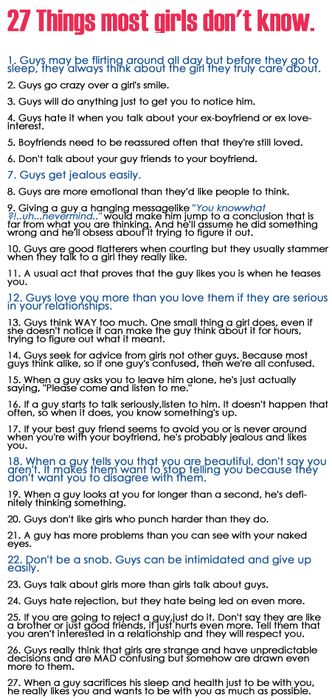 In order to cope with this in a stressful situation, ask yourself the following questions:
In order to cope with this in a stressful situation, ask yourself the following questions:
“Is the threat that frightens me so real?”, “Am I really in danger?”, “How bad can I feel if my worst fears are confirmed?”, “Is it all true or does it all seem to me?” .
And again: "What should I do to prevent a bad outcome from this situation?" By looking for answers to these questions, you take your mind off the fear itself and help you find a solution.
5. Gradually overcome your fears
If you are afraid of dogs, this does not mean that you need to go and get yourself a fatter bull terrier. But nevertheless, you need to gradually acquaint yourself with the object of your fears. Try to walk past the dog and not speed up your pace. Try petting a small, friendly dog.
Slowly, without haste, but still increase the amount of fear in your life, and you will gradually realize that it is not scary at all and that you are no longer afraid of it as before. If your fears prevent you from living, do not ignore them, but try to make friends with them.
If your fears prevent you from living, do not ignore them, but try to make friends with them.
6. Do not multiply fears
How to stop doubting yourself
Gazeta.Ru found out what needs to be done to stop doubting and finally become confident in ...
October 30 14:29
Point 5 is important not to ignore, because, according to scientists from the University of Pennsylvania, fears tend to multiply, intensify and, which is especially unpleasant, spread to other areas of life. That is, if you were afraid of one thing, but did not fight it, it is possible that over time you will begin to be afraid of something else.
That's why it's so important to do what your dad told you to do when you were five, to conquer even your smallest and least disturbing fear.
7. Do not focus on the negative
People who have fears that interfere with their life often tend to see only the bad in any life situation. Like Eeyore from their favorite cartoon, it is very difficult for them to find something positive in life and concentrate on it (instead of suffering from the negative).
